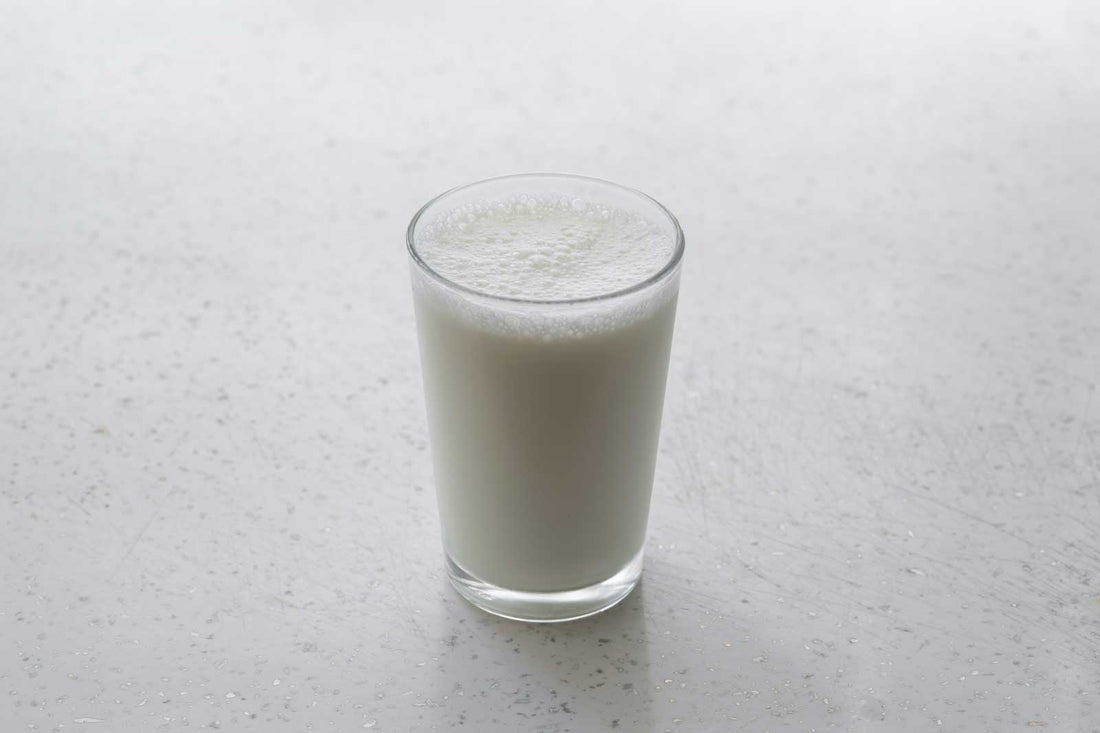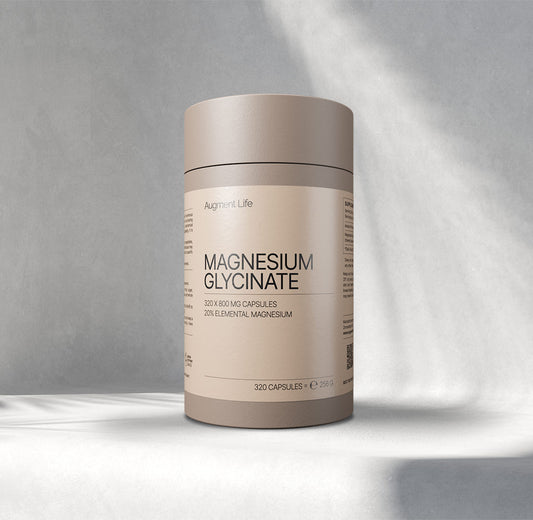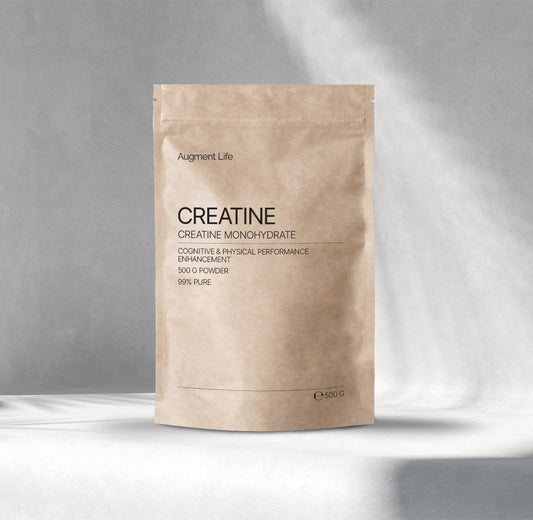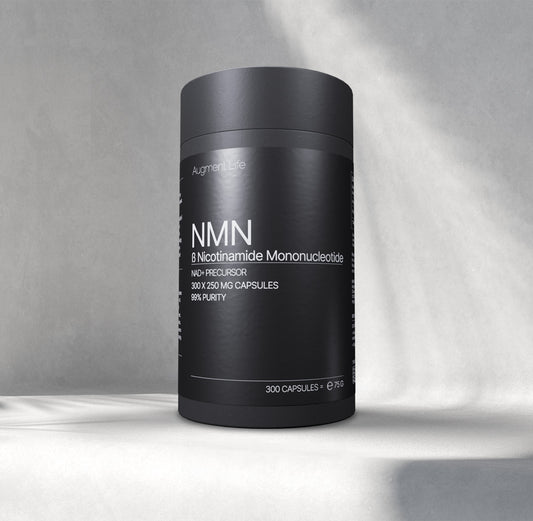If you have already read our article about creatine and its benefits, you may now be wondering which creatine you should be using. It may be confusing to pick which one because of the various types of creatine available in the market.
Keep reading to learn about the different types of creatine and how they are different from one another.
Types of Creatine Supplements
Creatine Monohydrate
Creatine monohydrate is the normal, original creatine that people have been using for decades. It is still the most widely sold creatine product that is highly effective yet cost-friendly.1
Micronized Creatine
Micronized creatine is basically creatine monohydrate in which the molecules are cut up or divided into smaller pieces (around 20x smaller), aka micronized, which results in a larger surface area and promotes a higher rate of absorption into the body.
This may also help reduce stomach discomfort for some users.2
Creatine Ethyl Ester
In this form, creatine is bound to ester salts, which are thought to make the creatine more bioavailable.
However, in a study comparing creatine ethyl ester and creatine monohydrate supplementation, it was found that creatine ethyl ester did not produce any additional benefit to increased muscle strength or performance.3
Liquid Creatine
This is a ready-to-drink form of creatine supplement. However, studies suggest that it is less potent than creatine monohydrate.4
Creatine Hydrochloride
This is the form of creatine where the creatine is bound to a hydrochloric acid. It gained popularity because of its high solubility which is around 38 times higher than creatine monohydrate.5
However, since creatine hydrochloride is a relatively new form of creatine, there are still no studies on humans that can support this.
Final Words
Creatine monohydrate is the best form of creatine. It is the form used in most research studies and all the positive effects we associate with creatine use e.g. increases in muscular strength, size, and power can be achieved with this type of creatine.6-8
References
- Ghoshal, M., RPh, & MS. (2021, February 25). What to know about using creatine while cutting. Retrieved February 20, 2023, from Healthline website:
https://www.healthline.com/health/creatine-while-cutting - Spraul, T. (2011, October 17). What is micronized creatine (and is it right for you)? Retrieved February 20, 2023, from Exercise.com website:
https://www.exercise.com/learn/what-is-micronized-creatine/. - John E. Hall PhD, in Guyton and Hall Textbook of Medical Physiology, 2021.
- Gill, N.D., Hall, R.D. and Blazevich, A.J. (2004). Creatine Serum Is Not as Effective as Creatine
Powder for Improving Cycle Sprint Performance in Competitive Male Team-Sport Athletes. The
Journal of Strength and Conditioning Research, 18(2), p.272. https://pubmed.ncbi.nlm.nih.gov/15142023/ - Gufford, B. T., Sriraghavan, K., Miller, N. J., Miller, D. W., Gu, X., Vennerstrom, J. L., & Robinson, D.
H. (2010). Physicochemical characterization of creatine N-methylguanidinium salts. Journal of
dietary supplements, 7(3), 240–252. https://doi.org/10.3109/19390211.2010.491507 - Branch JD. Effect of creatine supplementation on body composition and performance: a meta-analysis
https://doi.org/10.1123/ijsnem.13.2.198 - R. Twycross‐Lewis, L. P. Kilduff, G. Wang, Y. P. Pitsiladis. The effects of creatine supplementation on thermoregulation and physical (cognitive) performance: a review and future prospects. Amino Acids https://doi.org/10.1007/s00726-016-2237-9
- Buford, T.W., Kreider, R.B., Stout, J.R., Greenwood, M., Campbell, B., Spano, M., Ziegenfuss, T., Lopez, H., Landis, J. and Antonio, J. (2007). International Society of Sports Nutrition position stand: creatine supplementation and exercise. Journal of the International Society of Sports Nutrition, [online] 4(1), p.6. https://doi.org/10.1186/1550-2783-4-6








